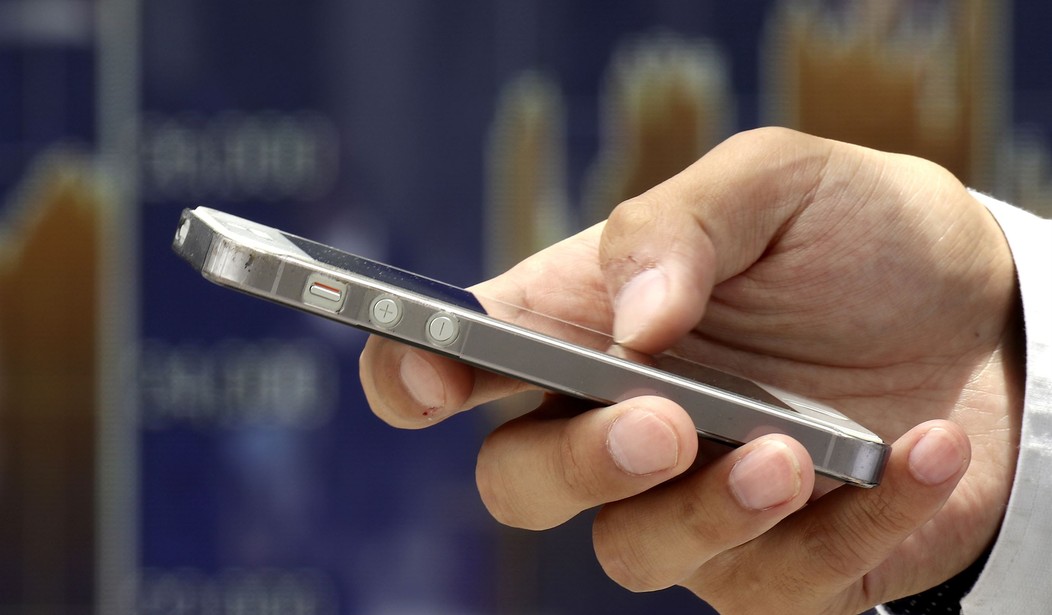During this unprecedented period of isolation and social distancing, communities across the country are more reliant than ever on internet access. Education, entertainment, communication, and—for the fortunate—employment have all shifted online to contain the pandemic. While lawmakers on Capitol Hill are mulling ways to keep low income households online, the leading proposal ignores the simple fact that not all Americans access the web in the same way. When it comes to helping low income families during this crisis, internet support must be designed for consumers, and not lawmakers.
With unemployment claims climbing and uncertainty around when lockdown measures will be repealed, Chair of the House Energy and Commerce Committee Congressman Frank Pallone is reportedly circulating language about a $2 billion “emergency broadband benefit.” To help low income families remain online as long as the crisis endures, the benefit would offer a reimbursement of varying amounts to internet service providers, based on the internet speed they provide to qualifying households.
The scheme would augment and complement the existing FCC Lifeline program for low-income households, as well as the FCC’s Keep Americans Connected pledge and other private initiatives.
The problem, however, is that the benefit would only apply to wireline broadband and fixed wireless connections. Mobile data, which provides an e-lifeline for many Americans, is overlooked. According to research by Pew, more than a quarter of Americans earning less than $30,000 each year rely on a smartphone for internet access. Moreover, this number has doubled between 2013 and 2019.
Given the difference between how lower and higher income households access the internet, it is unsurprising that the way they use their mobile data differs significantly. Similar polling by Pew in 2015 shows that low-income households are vastly more likely to use a smartphone to get information about a job or submit a job application. As the economic fallout from the COVID-19 lockdown continues, an internet subsidy that ignores the fact that mobile data is a key avenue for finding work appears very shortsighted.
Recommended
To add insult to injury, there are few incentives during an economic crisis for low-income mobile data consumers to switch to broadband in order to benefit from the subsidy. Foreclosures, evictions, and lost jobs all demand mobility and flexibility as communities find their feet once again. Taking on a new internet service that may not be transferable to a future home—coupled with a lock-in contract that limits the ability to reduce month-to-month expenditure—represents a significant risk for low-income families in a time of crisis.
Moreover, the subsidy is designed to only apply in these exceptional times. Once the coronavirus crisis goes, so too does subsidized internet. Saddling low-income consumers with what remains of their internet contract at a higher cost should hardly be a scenario that lawmakers should seek to design.
As America continues to grapple with the challenges of social distancing and isolation, lower-income families should not be forced off the internet due to price. But initiatives to keep America online need to take into account the ways in which diverse communities access the net. Policy needs to be cognizant of intermodal competition of broadband services.
Providing additional temporary subsidies is one way to help, but it’s useless when the scheme is designed for lawmakers and not low-income consumers.
























Join the conversation as a VIP Member